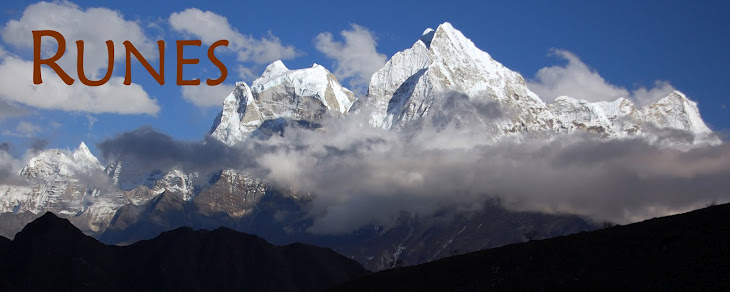
On the sad occasion of the 6th anniversary of the invasion of Iraq, this
observation by Fareed Zacharia in Newsweek is worth repeating:
"The problem with American foreign policy goes beyond George Bush. It includes a Washington establishment that has gotten comfortable with the exercise of American hegemony and treats compromise as treason and negotiations as appeasement. Other countries can have no legitimate interests of their own—Russian demands are by definition unacceptable. The only way to deal with countries is by issuing a series of maximalist demands. This is not foreign policy; it's imperial policy. And it isn't likely to work in today's world."
To
date, at least 4,260 U.S. troops have been killed in Iraq, and another 31,103 wounded. Estimates of Iraqi civilian casualties vary wildly, from a
conservative estimate of 44,645 deaths to the high six figures. (The meticulous compilers of this data at icasualties.org
note the following: "This is simply a compilation of deaths reported by news agencies. Actual totals for Iraqi deaths are much higher than the numbers recorded on this site.") An
estimated 8,958 members of the Iraqi security forces have also been killed since the beginning of the Bush/Cheney war of aggression.
The situation for most Iraqis remains appalling despite recent improvements in security. AFP
reports:
"Millions of civilians are still facing hardship every day," ICRC [Red Cross] president Jakob Kellenberger said in a statement after a five-day visit to the country."Indiscriminate attacks continue to leave dozens of people killed or injured on a daily basis despite improvements in the security situation in many parts of Iraq."
In 2007, 17,430 Iraqis died in violence. In 2008, 6,772 people were killed and the first two months of 2009 saw 449 die, the lowest official death toll since the invasion on March 20, 2003.
Basic services like public water supplies are still deficient, as
described by Matthew Schofield of McClatchy Newspapers:
The stench of human waste is enough to tell Falah abu Hasan that his drinking water is bad. His infant daughter Fatma's continuous illnesses and his own constant nausea confirm it. "We are the poor. No one cares if we get sick and die," he said. "But someone should do something about the water. It is dirty. It brings disease."
Everybody complains about the water in Baghdad , and few are willing to risk drinking it from the tap. Six years after the U.S. invaded Iraq , 36 percent of Baghdad's drinking water is unsafe, according to the Iraqi Environment Ministry — in a good month. In a bad month, it's 90 percent. Cholera broke out last summer, and officials fear another outbreak this year.
"Even if the water is good today, no one would trust it," grocer Hussein Jawad said. He said that about 40 percent of his business was selling bottled drinking water, crates of which he's stacked 7 feet high on the sidewalk. "We've learned to be afraid."
The irony of bad water is lost on few here. When the city was founded 1,200 years ago, it was named Baghdad al Zawhaa, " Baghdad the Garden," because water was plentiful. The Tigris and Euphrates rivers formed the boundaries of Mesopotamia and fed the fields in the cradle of civilization.
Meanwhile, George Bush, during a speaking engagement in Calgary, is
already plugging his memoirs, tentatively entitled "Decision Points." On CNN, Dick Cheney
declares that "stuff happens" — and we "ended up" with two of the longest wars in U.S. history. For Cheney, it's as if the illegal invasion of Iraq was the result of irresistible natural forces rather than a deliberate policy choice. So far there are no indications that either Bush or Cheney will ever be held accountable for that choice, except by historians.
PHOTO: Antiwar demonstrator in Portland, Oregon - March 19, 2006 [M.J. O'Brien]
[H/T to
Hilzoy at Obsidian Wings.]
 Just finished Snow (2001), by the Turkish novelist Orhan Pamuk, and it's a suitable read for our gloomy winter nights here in Oregon — in fact, very reminiscent of Dostoyevsky at his darkest and most philosophical. In one chapter, set in the remote border town of Kars, the narrator invites a group of young people to give Westerners a message. One of them responds:
Just finished Snow (2001), by the Turkish novelist Orhan Pamuk, and it's a suitable read for our gloomy winter nights here in Oregon — in fact, very reminiscent of Dostoyevsky at his darkest and most philosophical. In one chapter, set in the remote border town of Kars, the narrator invites a group of young people to give Westerners a message. One of them responds:



